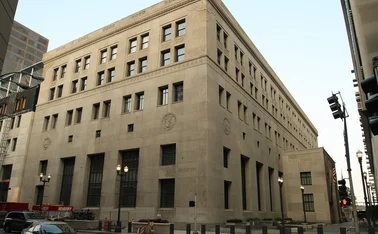
SNB reaffirms commitment to exchange rate limit

Thomas Jordan, chairman of the Swiss National Bank (SNB), today stressed the central bank's continued commitment its exchange rate ceiling of Sfr1.20 to the euro.
At a press conference, Jordan said the SNB continues to face "major challenges". "In particular, the threat that the Swiss franc could suddenly come under upward pressure again has not been averted," he said.
The Swiss franc is currently trading at Sfr1.23 to the euro, and the central bank has not had to enforce its minimum exchange
Only users who have a paid subscription or are part of a corporate subscription are able to print or copy content.
To access these options, along with all other subscription benefits, please contact info@centralbanking.com or view our subscription options here: subscriptions.centralbanking.com/subscribe
You are currently unable to print this content. Please contact info@centralbanking.com to find out more.
You are currently unable to copy this content. Please contact info@centralbanking.com to find out more.
Copyright Infopro Digital Limited. All rights reserved.
As outlined in our terms and conditions, https://www.infopro-digital.com/terms-and-conditions/subscriptions/ (point 2.4), printing is limited to a single copy.
If you would like to purchase additional rights please email info@centralbanking.com test test test
Copyright Infopro Digital Limited. All rights reserved.
You may share this content using our article tools. As outlined in our terms and conditions, https://www.infopro-digital.com/terms-and-conditions/subscriptions/ (clause 2.4), an Authorised User may only make one copy of the materials for their own personal use. You must also comply with the restrictions in clause 2.5.
If you would like to purchase additional rights please email info@centralbanking.com test test test







